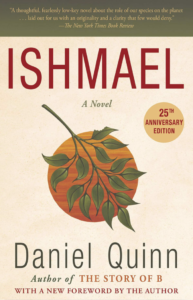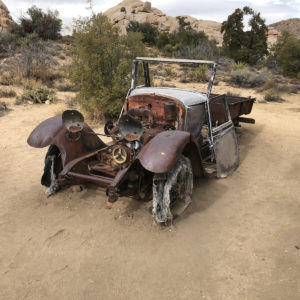 Picture a natural prairie, boasting an explosive diversity of grasses and flowers. Every year, at different times of the year, the grasses and flowers produce seeds. Some of these seeds, naturally, propagate their respective species so that the grasses and flowers will survive into the next year and the next.
Picture a natural prairie, boasting an explosive diversity of grasses and flowers. Every year, at different times of the year, the grasses and flowers produce seeds. Some of these seeds, naturally, propagate their respective species so that the grasses and flowers will survive into the next year and the next.
But the plants are generous, generating more seeds than are necessary. Being the only form of life on the prairie capable of harvesting solar energy and turning it into food, they know they have sole responsibility for supporting their entire community. And why would they want to share their wealth? Well, they rely on insects for pollination, fungi for trading nutrients, worms for turning the soil, birds for spreading seeds far and wide, mice for planting their seeds and providing rich fertilizer, and on and on. Open-ended generosity pays back via other gifts in a spirit of reciprocity.
The mice in the prairie have done well for countless generations. While they are capable of explosive reproduction, they can’t expand willy nilly because food resources are limited: if they overgraze, fewer plants will survive into the following year. Meanwhile, hawks, owls, foxes and snakes are always looking for a snack. And so the prairie has settled on a roughly stable mouse population that works in concert with the rest of the ecological community. The population of mice (and of their predators) is not rock-solid: it fluctuates from year to year, but seldom strays very far before self-correcting. When mice are few, their predators diminish, seed abundance goes up, and the stage is set for a resurgence.
Then one day a foraging mouse notices a new hole at the base of an abandoned silo on the edge of the prairie that’s been dormant and irrelevant for all these years. Out of this hole some grains of wheat have spilled out. Tasty! Excited by her find, she brings her friends and they all have a feast. Within weeks, the mice are growing in number and exploiting this seemingly endless resource. All troubles would appear to be over.
Views: 2924








